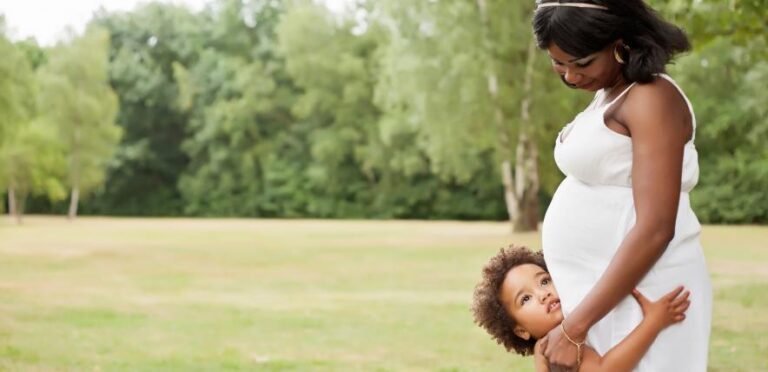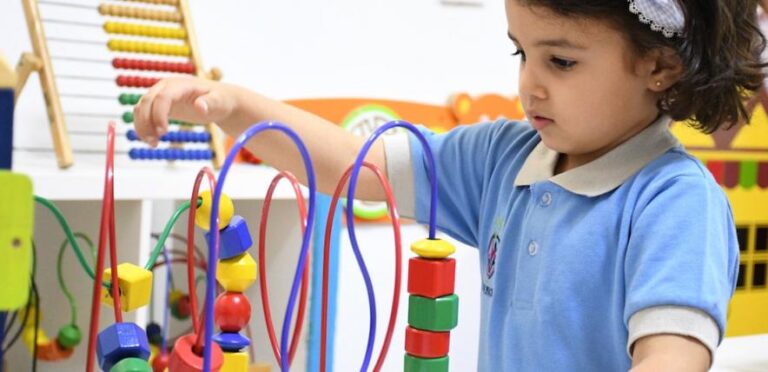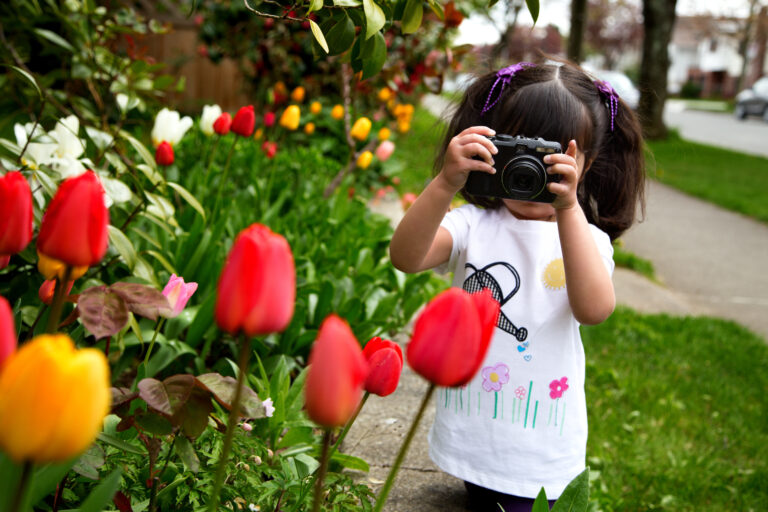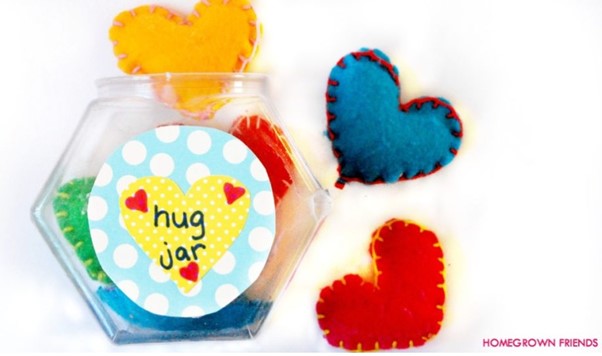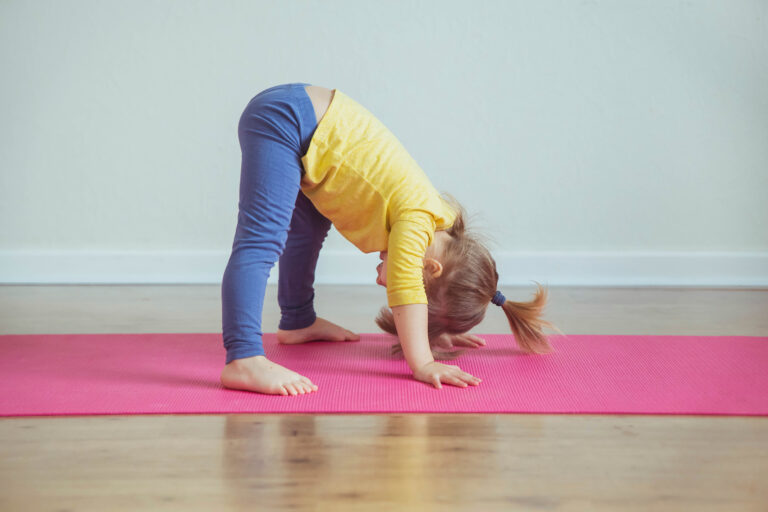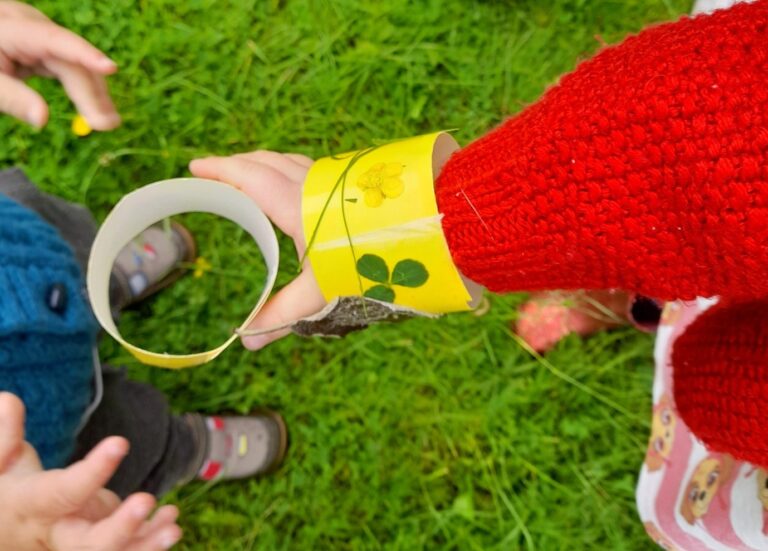A new baby on the way is an exciting time for the whole family. But when it’s your second baby – or third, or fourth, or fifth! – there’s an extra issue to think about: how it will affect your older child.
Put yourself in your child’s shoes for a minute, and imagine how they might be feeling about the impending addition to your family. Mum is getting bigger, she can’t do all the things that she usually does, and people keep asking if your child is excited about their new brother or sister, when they don’t yet understand what a new brother or sister actually is!
It’s well worth investing in making this transition easier for your older child, as it can help to avoid problems with jealousy and sibling rivalry further down the line. Here are our tips:
Don’t blame it on the bump When you’re pregnant you can’t run around as easily, or roll down hills, and you might struggle to pick your child up, or lift them on and off swings and slides. But it’s a good idea to try and avoid saying ‘Mummy can’t do it because of the baby in her tummy,’ as it might get your child thinking that the baby is ruining their fun before it even arrives. It’s fine to say your big tummy is getting in the way, or that you’re simply too tired – just avoid bringing the baby into it, and try and get other adults to help out where possible.
Practice makes perfect Young children love to get involved and feel helpful. One way to help your little one enjoy being a big brother or sister is to include them in day to day babycare, from bringing you wipes and nappies to telling the baby stories and singing songs. A bit of practice in advance with dolls or soft toys – pretending to change nappies, tucking them up for naps, taking them for walks – is a good way to introduce your child to things you’ll be doing together when the baby arrives and help her feel grown up.
Keep changes gradual The last thing you want is for your child to feel he’s being replaced. If changes need to be made – such as moving your child to a big bed or a new bedroom – try and make them one at a time, and if possible, well in advance of the baby arriving, so your child doesn’t connect the two. If possible, avoid mentioning the baby when you discuss any changes – your child won’t want to hear ‘you need to sleep in this bed so the baby can have your cot’.
Dig out baby photos Showing your child pictures of themselves as a baby and reminiscing about how lovely they were will remind your little one that they were once a ‘new’ baby too, and help them relate to the new arrival without jealousy. It can also help to prepare them for what babies look like and do.
Lead by example Children are quick to pick up on our emotions and they will look to see how we respond to new and challenging situations. However, it isn’t always possible to keep calm so if you feel your stress levels building then either take five minutes out if another adult is present or stay in the room and use some simple breathing exercises to calm yourself down. Take 4 or 5 slow deep breaths through your nostrils and slowly exhale through your mouth. The great thing with these exercises is that young children love to join in too.
Keep expectations low! People often ask children if they’re excited about a new arrival; this can lead to disappointment, because new babies are actually far from exciting! Chat about the fact that babies sometimes cry a lot, and that it’s nothing to worry about, and that they also sleep, feed and poo a lot!
That important first meeting
Before you know it, the big day will be here, and your older child will be coming to visit in hospital, or waiting at home. Here are some ways to make that first meeting a happy occasion:
- Make them the first visitor It is good to have your child top of the visitor list or at least at the same time as other close family members such as grandparents.
- Keep your hands free You’ve been separated for a while, and your child needs to know you have really missed them. Have your arms free – lay the baby in a cot or car seat – to give your child an enormous cuddle before introducing the new arrival.
- Prepare a present If the new baby arrives with a gift it can help your child warm to their new sibling. Plus, a new toy is always a great ice breaker and distraction when things are new and different.
- Don’t expect too much Your older child and their new sibling have their whole lives to grow to love each other, but it may not happen immediately. Try not to build up a picture of a beautiful, emotional first meeting in your imagination, and let your child get to know the baby at his own pace.
Written by Siobhan Godwood for the Early Years Alliance.

